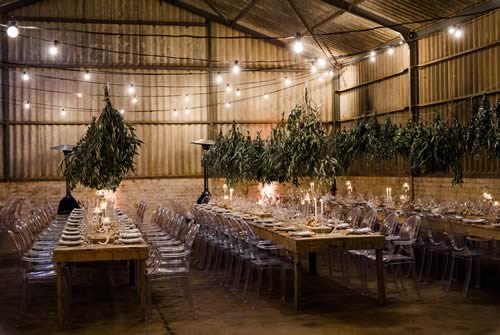2018-05-16 |
Royal Wedding Fever! But Make Sure You are Tax Compliant
Whilst wedding fever is on everyone’s minds, Saffery Champness is warning that for those rural, estate and farm businesses that are in the wedding market – by providing rooms, barns, marquees, chapels, fields or gardens for ceremonies - HMRC has been adopting an increasingly hard-line approach to VAT compliance.
When letting land or property for weddings, in theory, VAT should only become due when additional input or services are provided by the owner as part of the package. Unfortunately, it is all too easy to underestimate what HMRC believes is sufficient additional input to make an exempt wedding let into a vatable one.
David
McGeachy, Partner, Head of VAT, and a member of the Landed
Estates and Rural Business Group at Saffery
Champness says:
The passive, exclusive letting or license of land or property,
such as a room or a marquee, without any further engagement by
the owner, should be VAT exempt, assuming no option to tax has
been made by the owner. VAT is only due when additional services
are added to the extent that those elements mean the overall package
becomes a vatable one. However, HMRC has been successful over recent
years in deeming the supply of the venue to be standard rated for
VAT as part of a package of wedding services with the Tax Tribunal
also ruling to this effect.
The Blue Chip Hotels Case is 2016 and 2017 was one such test of the system where HMRC was successful, and where it was found that if the room was provided with a right to hold a civil wedding ceremony then this in itself meant there was no simple passive letting of land and so VAT was liable at the standard charge of 20 per cent.
In a long line of cases businesses have made the repeated mistake of underestimating the emphasis HMRC and the Tribunals were placing on the presence of other elements overriding the passive letting concept. For example, if the owner or their staff receive a trip advisor review from the happy couple thanking them for being on hand, friendly and helpful HMRC will argue that this cannot be a passive letting. There is a strong presumption that there must always be a wider service element in any wedding hire.
Whilst regrettable that this will increase the cost of the hire it will avoid a situation where the venue is out of pocket by having to pay a retrospective charge for VAT – not that the happy couple this week will be faced with such a problem!


